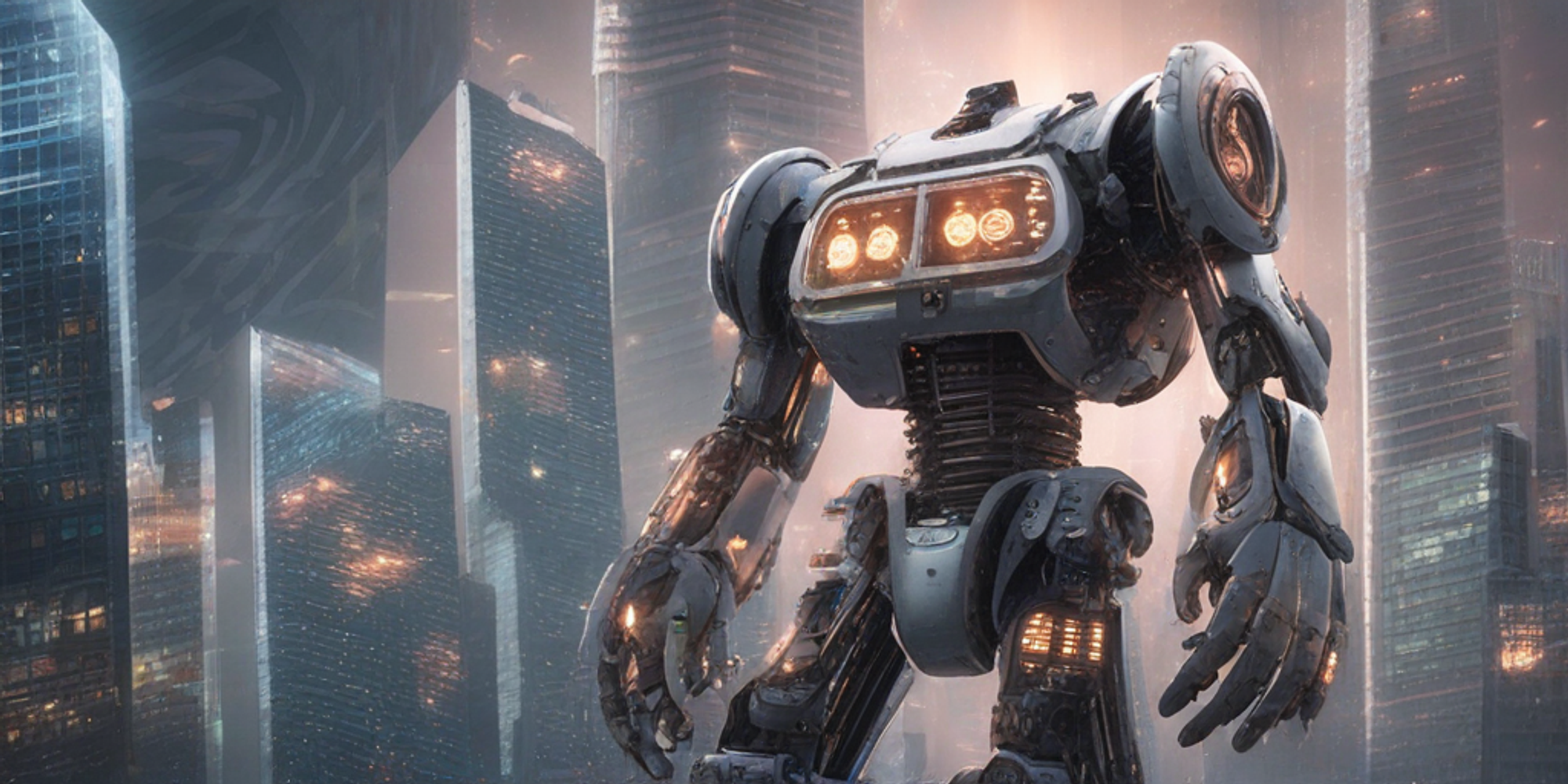
¡Hola, tech aficionados! 👋 Antonio here, coming to you with another entry into the expansive world of artificial intelligence (AI) – a subject that is as mesmerizing as it is influential, like LeBron's dominance on the basketball court. 🏀 There's been chatter across the globe 🌍 regarding AI's positive contributions and potential drawbacks. Today, let's dive into the fascinating world of AI, exploring its potential, ethical concerns, types, functions, and suggest ways to maximize its benefits.
Let's kick things off with the fundamental: Q: What is AI?
AI, or artificial intelligence, is a technology that allows machines to respond to stimulation akin to human responses. In other words, it enables computers and machines to function intelligently. AI is much more than a sci-fi Hollywood concept, and it comes in different flavors. Weak AI is limited to narrow tasks, while strong AI embodies general intelligence and can handle more complex tasks.
Q: How is AI transforming various sectors?
AI is transforming various sectors, including healthcare, academics, and entertainment. For example, AI is being used in healthcare to diagnose patients and improve public-health programs. In academics, it is being used to automate tasks such as grading and providing personalized learning experiences. In entertainment, AI is being used to create more immersive experiences for audiences.
Q: Can you give an example of how AI is like having a personal assistant?
Yes! AI is like having your personal Alfred who takes care of your bat-cave, leaving Batman to do more exciting stuff! AI can handle mundane tasks, such as customer service and data entry, allowing humans to focus on more complex and creative work.
Q: What are some potential concerns with the use of AI?
While AI has the potential to be a superhero in many realms, it also stirs concerns about privacy, job loss, economic divides, and even impacting the level of control humans have over their lives. Companies and users must approach the use of AI with agility and perspective, considering both the long-term and short-term impacts. Companies must focus on enhancing human-machine collaboration and view AI as partners rather than replacements. They also need to redesign their business processes to optimize AI's impact, much like a well-organized team game of basketball: everyone has a role to play!
Q: How can we ensure ethical and responsible use of AI?
The principles of AI bioethics must adapt and evolve just as the technology does. It’s crucial to ensure AI systems are trained responsibly, their outputs are explainable, and societal norms are upheld. Companies must also consider the potential ethical implications of their use of AI. A mindful use of tech can help foster positivity, communication, and mental health.
Q: What is the future of AI?
The future of AI is here, and we are all a part of it! Every sector, every individual, and every nation has a critical role to play in shaping an AI-infused future that is ethically sound and promises mutual benefits. It will be exciting to see how AI continues to evolve and transform various industries in the next decade.
Although AI is a superhero in many realms, it also stirs a whirlwind of concerns: issues of privacy, job loss, economic divides, and even impacting the level of control humans have over their lives.💥 The fears aren't unfounded, but we can't disregard the potential AI holds, much like the rise of start-ups. They might seem risky at first glance, but the returns can be revolutionary.
So, how do we harness the potential of AI whilst ensuring ethical and responsible use? 🚦Companies and users should approach this with the agility and perspective they’d use while investing - considering both long-term and short-term impacts. Companies must focus on enhancing human-machine collaboration, and view AI as partners rather than replacements. They also need to redesign their business processes to optimize AI's impact, much like a well-organized team game of basketball: everyone has a role to play!
Coming to the question of ethics, the principles of AI bioethics must adapt and evolve just as the technology does. It’s crucial to ensure AI systems are trained responsibly, their outputs are explainable, and societal norms are upheld. Much like how a mindful use of tech can help foster positivity, communication, and mental health. 🧘♂️
The future of AI is here, guys, and we're all a part of it! Every sector, every individual, and every nation has a critical role to play in shaping an AI-infused future that is ethically sound and promises mutual benefits. So tell me, how do you think AI will change the world in the next decade? What aspects excite or concern you the most? 🤔 Please share your thoughts, and let's navigate this journey together. Onwards and upwards, amigos! 🚀🔭

